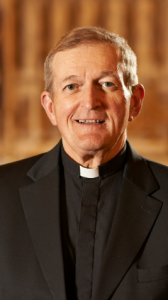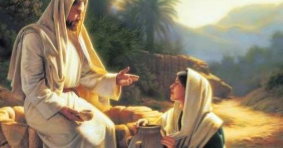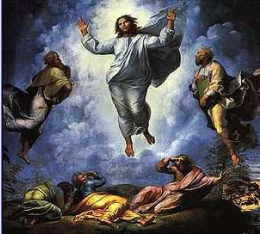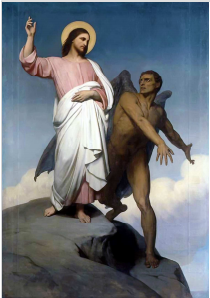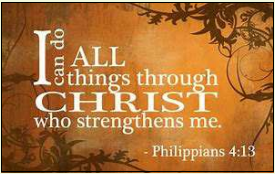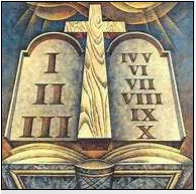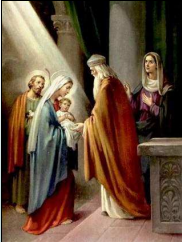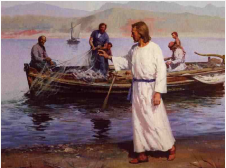Independence Day
https://stmarystcatherine.org/wp-content/themes/osmosis/images/empty/thumbnail.jpg 150 150 Charlestown Catholic Collaborative Charlestown Catholic Collaborative https://stmarystcatherine.org/wp-content/themes/osmosis/images/empty/thumbnail.jpgAll of us have different memories of earlier times and of celebrating the Fourth of July. I guess as a child, the first memories I have are of the fire works and of trying to stay awake to see them. I did not have any sense of “freedom” and “independence”; such concepts were too adult for me as a kid. But the spirit of the day, the festivities, the flags, parades and fireworks, the cookouts and the family gatherings all of these are beautiful memories for me.
Surely this is one of the special days when every citizen, new or born here, takes pride in our magnificent country. It is a holiday that ought to be free from partisanship: it belongs neither to the Democrats nor the Republicans nor any other political party. All love our country equally.
The core values of America come from the Bill of Rights and the Declaration of Independence. Not long ago I read the biography of John Adams, one of the great patriots and founders of our nation. John Adams fought strenuously for a system of government and a Constitution for the new Republic that placed enormous importance on liberty. And this freedom was grounded in the inalienable dignity and worth of every person. This truth is one of the cornerstones of all Catholic Social teaching and one reason, I suppose, that our country is such a strongly religious nation, founded UNDER GOD.
Today in Charlestown, as well as in other communities, we will be unable to celebrate in many of the traditional ways. And perhaps because our country is in the midst of this continuing and terrible pandemic, our sensitivity is all the more heightened about the precious values we cherish so much on this July 4th.
All of us who are veterans, who have served in uniform and those who haven’t, support, admire, and respect the young men and women serving in the military today and recognize the toll it takes on them and their families. Their job is a tough one and they are deserving of our support..
And this might be the major point for me this Independence Day: the value of freedom on which our nation is built gives each of us the right to question and disagree with one another. At the same time, our Founding Fathers did not build in the right for us to ever disrespect another who holds a position different from our own. In fact the dignity of each person being a fundamental principle of our Nation’s Bill of Rights calls on every citizen to respect the other.
Fr. Ronan
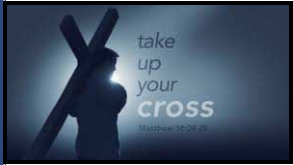
Thirteenth Sunday in Ordinary Time
Readings
1st Reading – 2 Kings 4:8-11, 14-16
Responsorial Psalm – 89:2-3, 1617, 18-19
2nd Reading – Romans 6:3-4, 8-11
Gospel – Matthew 10:37-42
Jesus said to his apostles:
“Whoever loves father or mother more than me is not worthy of me, and whoever loves son or daughter more than me is not worthy of me; and whoever does not take up his cross and follow after me is not worthy of me. Whoever finds his life will lose it,
and whoever loses his life for my sake will find it. “

